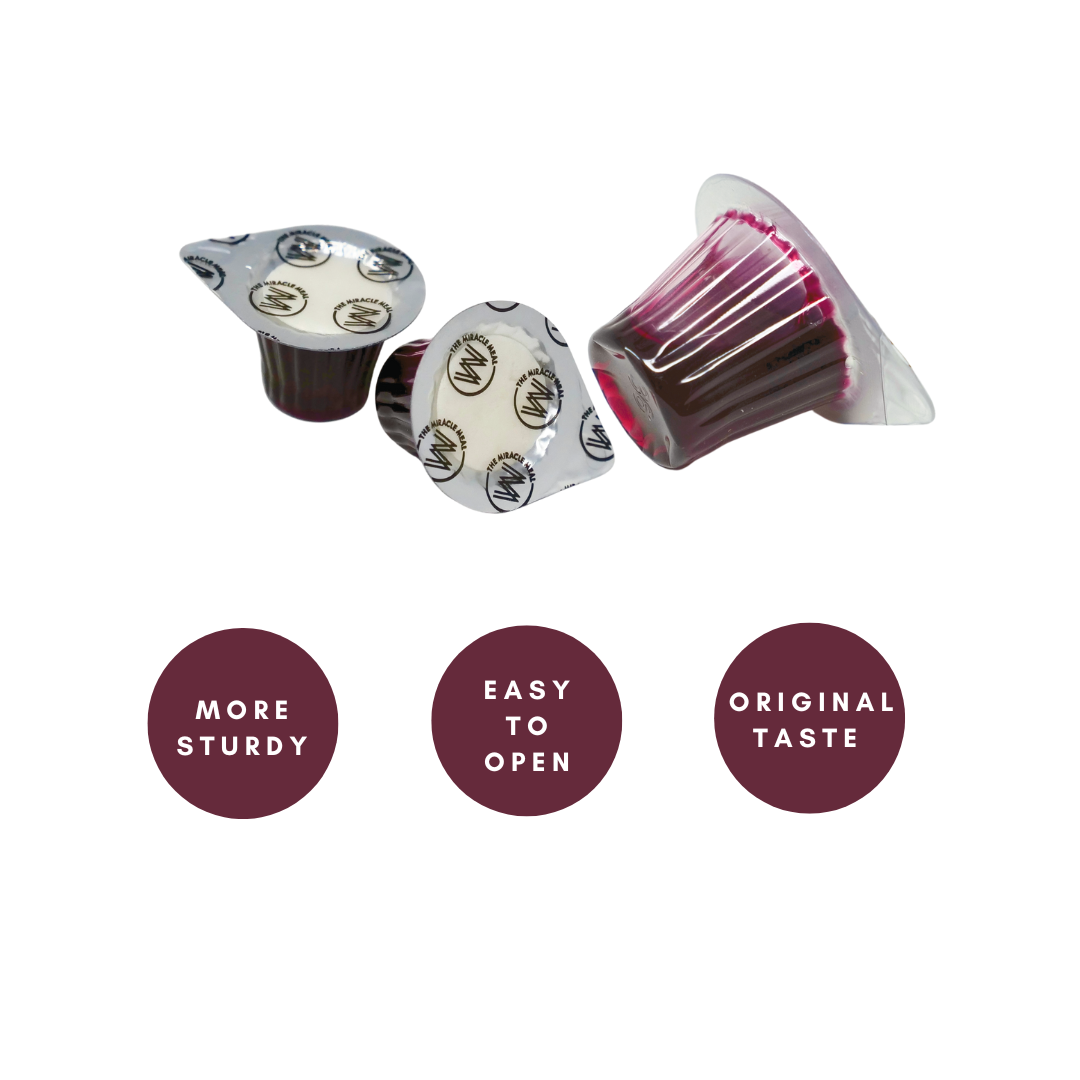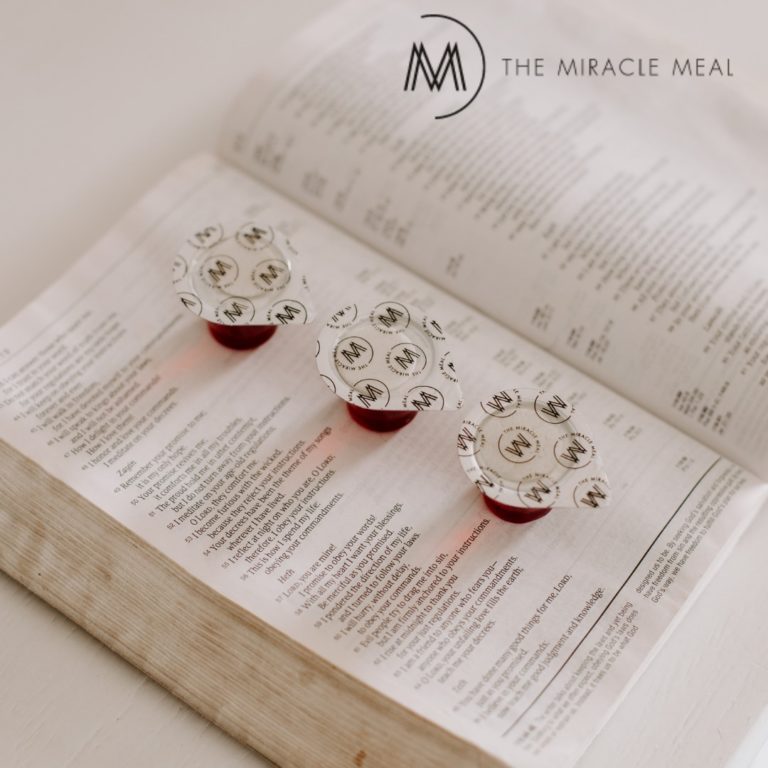What Are Prepackaged Communion Wafers Made Of?
Prepackaged communion wafers are a staple in many religious ceremonies, offering a convenient and sanitary option for partaking in communion. The simple design and ingredients of these wafers play an essential role in religious rituals, symbolizing deep spiritual beliefs and practices. But have you ever wondered what exactly goes into making these tiny but significant pieces? Understanding the composition of prepackaged communion wafers can enrich your connection with this age-old tradition and shed light on its importance.
The production of prepackaged communion wafers is rooted in longstanding traditions, ensuring uniformity and adherence to religious requirements while accommodating modern-day considerations of manufacturing efficiency and hygiene. For individuals deeply engaged in understanding the elements of their faith, knowing what these wafers are made of could prove insightful. Finding out more about the contents of communion wafers can not only satisfy curiosity but also deepen one’s appreciation of the symbolic role these elements play in religious ceremonies.
Traditional Ingredients
Communion wafers are crafted with simplicity in mind, focusing on a handful of basic ingredients that align with religious doctrines. Traditionally, they are made from wheat flour and water. This simplicity echoes the narrative detailed in biblical texts, where bread is often a symbol of sustenance and spiritual nourishment. The combination of wheat flour and water is devoid of any leavening agents, which is significant for many Christian denominations that use unleavened bread to mimic the Last Supper.
The use of wheat flour is deeply significant. Wheat, a staple grain in many cultures, symbolizes life and continuity. The absence of additional agents ensures that the wafer remains pure and symbolically fits the representation of Jesus’ body in Christian faith. These minimalist ingredients also allow those with specific dietary practices or restrictions to partake in the communion ceremony with respect and adherence to tradition.
The process of making these wafers involves forming a dough from the wheat flour and water, which is then rolled thin and baked. The baked sheets are then cut into the familiar circular shapes. This method preserves the wafer’s lightweight texture, which is crucial to its spiritual metaphor. By using simple ingredients and processes, communion wafers maintain their humble appearance yet carry profound spiritual significance.
Modern Manufacturing Considerations
With the development of technology and advancement in production methods, the manufacture of communion wafers has been refined and standardized, ensuring consistency in quality and functionality. Modern production doesn’t stray from the traditional formula of wheat flour and water but incorporates automated systems to ensure that the wafers are produced in a sanitary, efficient manner, thus meeting the needs of congregations around the world.
Automation within the production process allows for the mass production of communion wafers, facilitating a consistent supply for churches and religious institutions. This has become particularly important in light of increased congregation sizes and the need for hygiene in handling communal elements such as wafers. This modern evolution respects the traditional sacred character of communion wafers while ensuring their availability to a broad audience.
Moreover, advances in packaging have meant that communion wafers can be pre-sealed for individual use – safeguarding the wafers against contamination and ensuring a fresh supply. This packaging innovation meets the demands for health and safety without compromising the sacred integrity of the communion experience. Thus, while the ingredients remain simple, their delivery has evolved to accommodate the needs of contemporary worship environments.
Allergen and Dietary Considerations
With the increasing awareness around allergies and dietary restrictions, prepackaged communion wafers have adapted to meet these specific needs. While traditionally made wafers consist of wheat flour, there is a rising demand for gluten-free alternatives. Manufacturers are responding by producing wafers made from gluten-free ingredients, such as rice flour, ensuring inclusivity for those with celiac disease or gluten intolerance.
Diverse dietary needs are considered in modern communion wafer production. This adaptation doesn’t infringe upon the sacred nature of communion, as the primary aim is to maintain the inclusivity of participants in the faith ritual. By offering alternative options, congregations can ensure that all members, regardless of their dietary needs, can engage fully in the religious ceremony.
Given that communion is intended as a unifying act within the church, enabling access for all members is essential. Through modern innovation in food production, the church can continue to uphold its traditions while accommodating contemporary dietary needs. This ensures that the symbolic act of communion retains its intended universality and accessibility.
Conclusion
Prepackaged communion wafers are crafted from simple ingredients yet embody a complex interplay of tradition, symbolism, and modern technological advancements. Understanding that these wafers are composed primarily of wheat flour and water helps underscore their significance within religious ceremonies. Despite technological developments aiding in production and packaging, the essence of communion wafers remains unchanged, upholding their sacred role in religious practice.
As you reflect on the role of communion in worship, consider embracing the convenience and reverence of prepackaged options. By visiting our online store, you can explore a variety of communion cups and wafers that cater to the spiritual, logistical, and dietary needs of your congregation, ensuring a respectful and inclusive communion experience.







